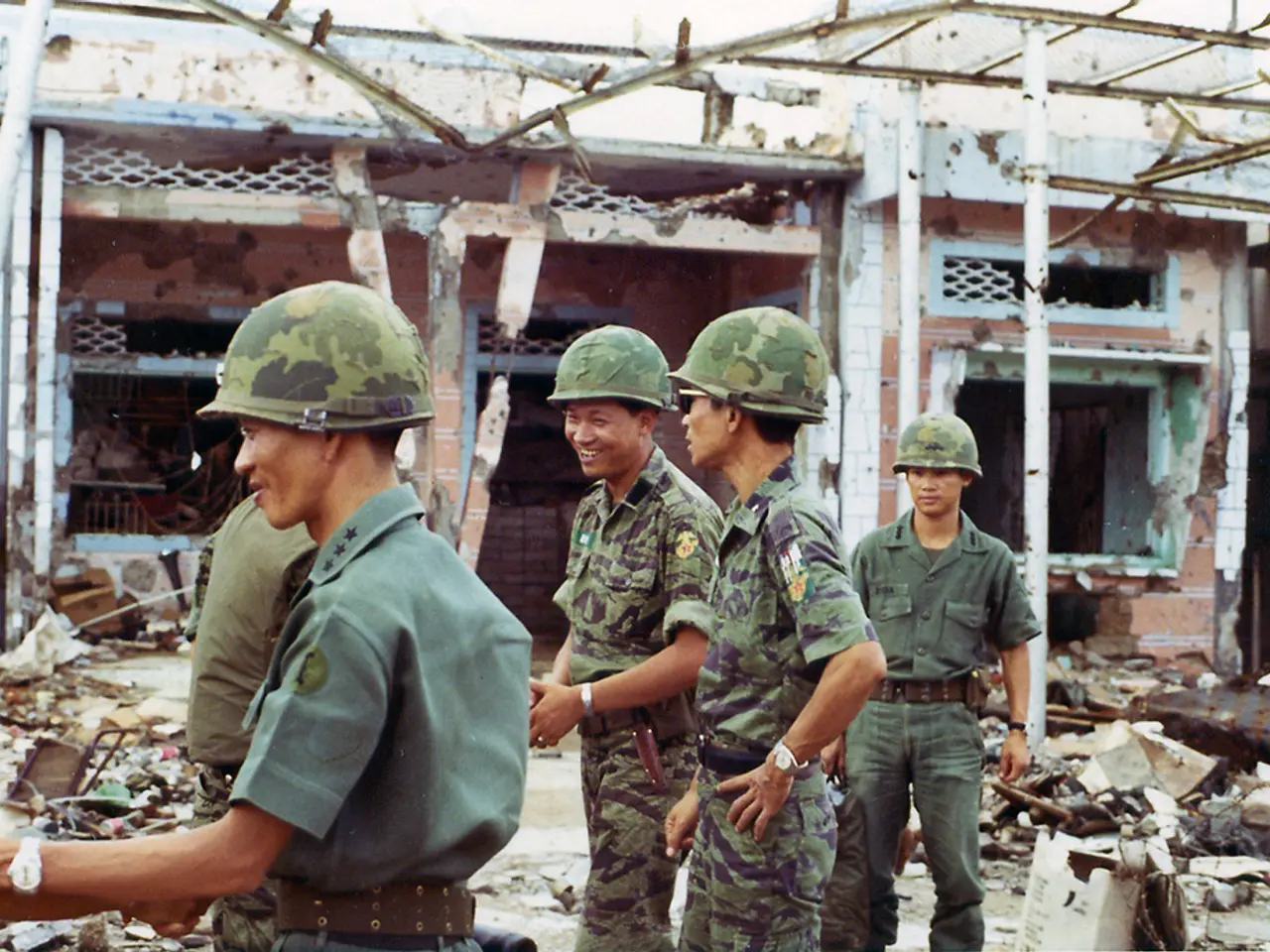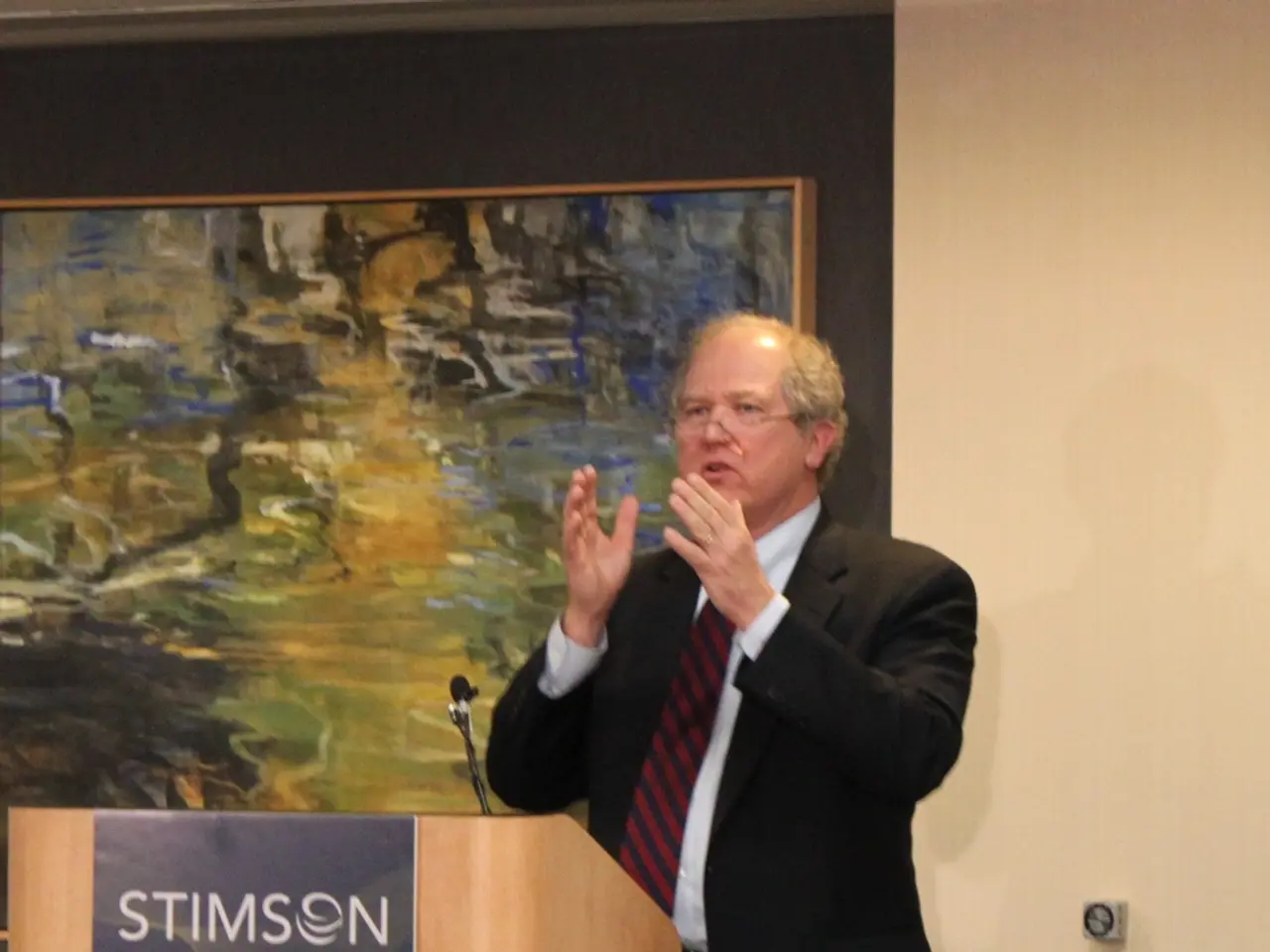Iran's Nuclear Facilities: A Post-Attack Analysis
Iran acknowledges extensive damage to nuclear installations
The dubious status of Iran's nuclear program sparks controversy as the dust settles following the US military's bombardment. Iran, the sole entity privy to its own facilities, has finally broken the silence.
The aftermath of the US attacks has stirred debates over the true extent of damage to Iran's nuclear facilities. While the US administration boasts of a "tactic victories," a CNN report casts doubt on their claims. On Wednesday, Iran's Foreign Ministry spokesperson, Esmail Baghaei, confirmed, albeit vaguely, that the nuclear facilities have indeed suffered substantial damage.
Baghaei's revelations, however, do not elucidate the fate of Iran's uranium enrichment centrifuges or the storage facilities of enriched uranium, critical components for a nuclear bomb. Sources hint at the survival of these elements, according to the CNN report, quoting three insiders who reportedly read a confidential report from the US Defense Intelligence Agency (DIA).
The report suggests that Iran's nuclear program, while enduring a setback of a few months, remains largely intact. This assertion has been met with fervent defense by the US administration at the NATO summit in The Hague. Trump and his defense secretary, Pete Hegseth, unequivocally maintained that the Iranian nuclear facilities were annihilated.
The White House also dismissed speculation about the migration of highly enriched uranium before the attack. The US administration's insistence on the complete destruction of Iran's nuclear facilities stands in stark contrast to the CNN report.
- Iran's Nuclear Program
- Iran
- Israel
- Politics
- USA
Insights:Following the attacks, Iran's nuclear facilities, particularly at Natanz, Fordow, and Isfahan, have suffered significant structural damage to their uranium conversion and enrichment infrastructure. However, Iran retains some enrichment and production abilities clandestinely. The damaged facilities have set back Iran's uranium enrichment efforts by months but have not annihilated the program completely. The future of Iran's nuclear program depends on geopolitical dynamics and potential negotiations.
- The CNN report suggests that Israel, a known adversary of Iran's nuclear program, might have provided intelligence to the US administration, influencing their war strategy and subsequent politics.
- The aftermath of the attacks has seen a surge in medical-conditions related to psychological trauma among the local community, as the region braces for potential repercussions of the conflict.
- In light of the ongoing war-and-conflicts and the controversial status of Iran's nuclear facilities, science, specifically the study of nuclear physics, has gained increased attention as the international community deliberates on future policies, including employment policies for researchers in the field.






